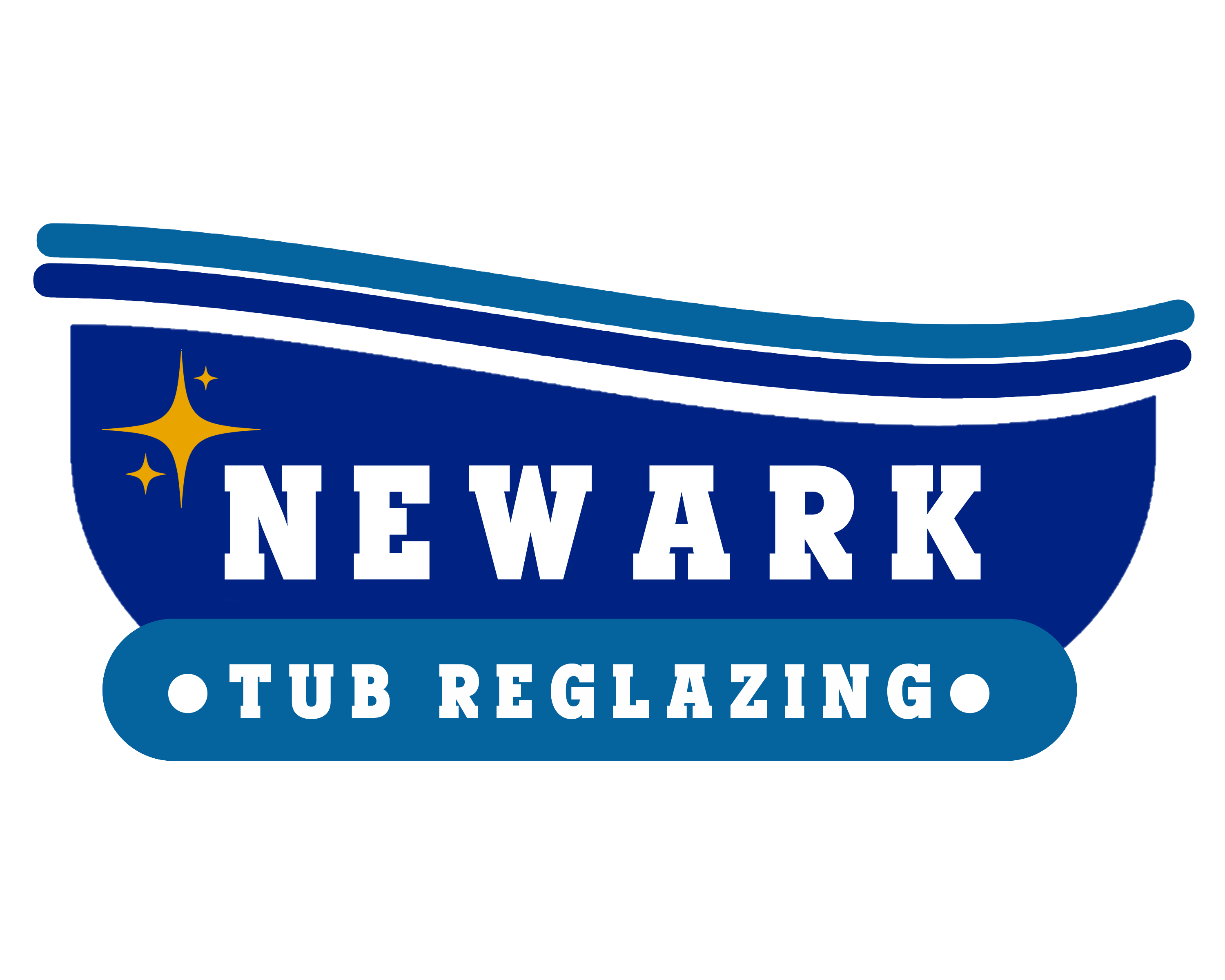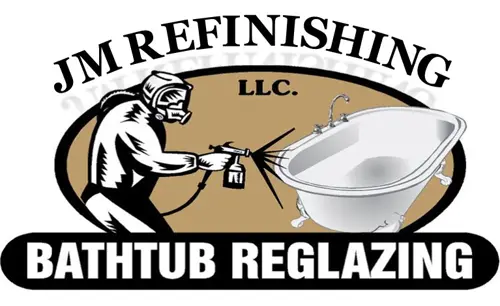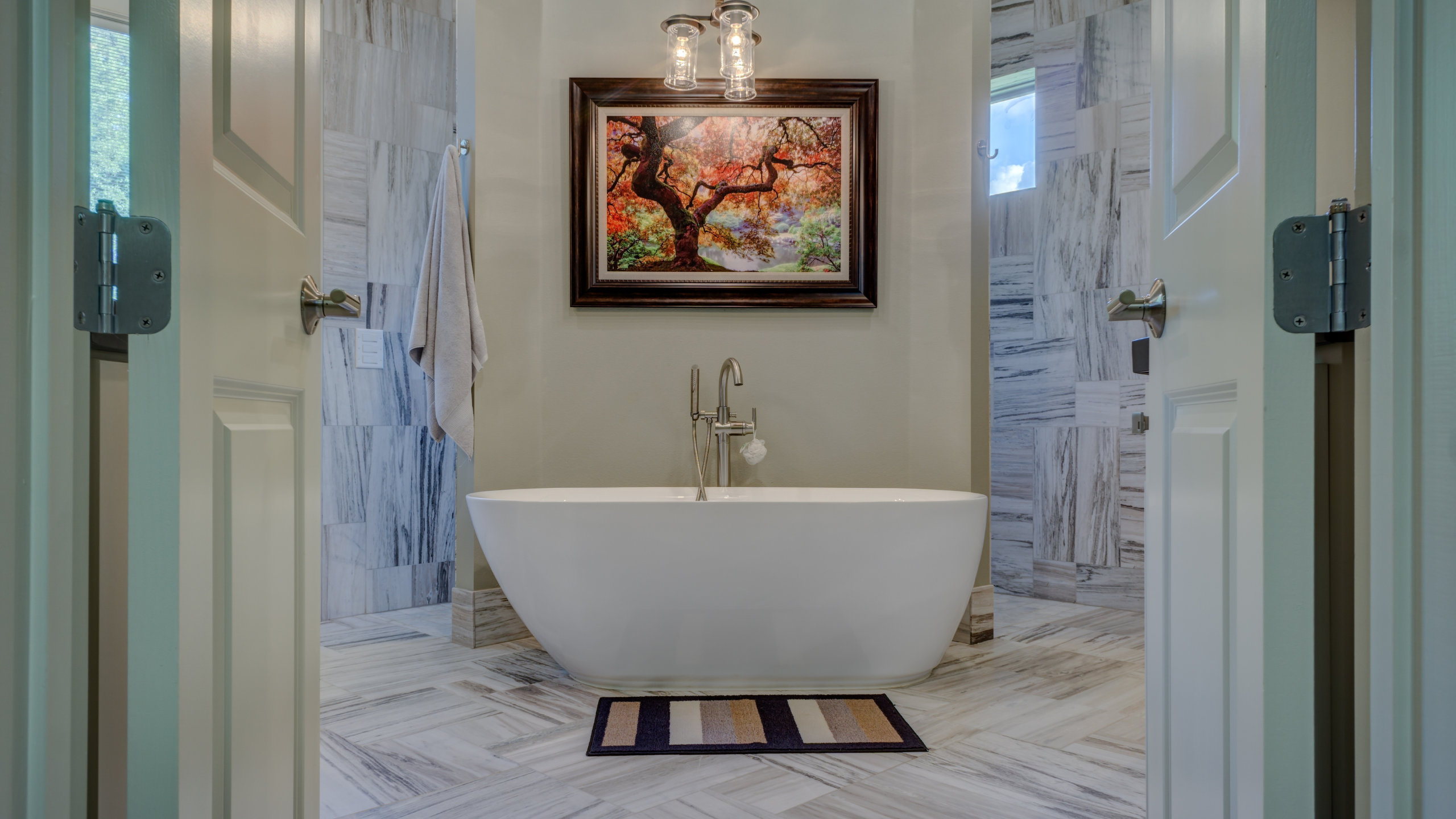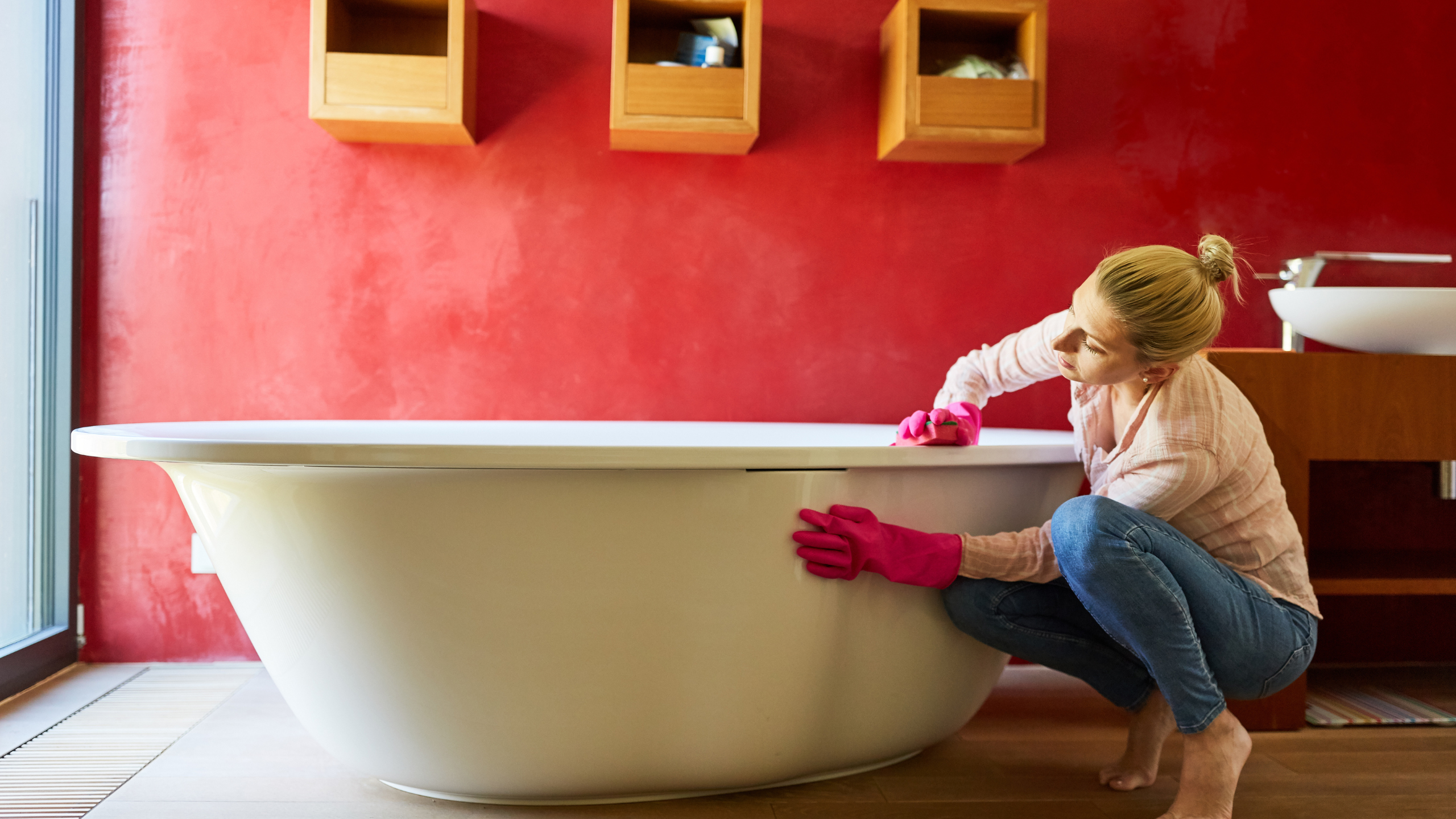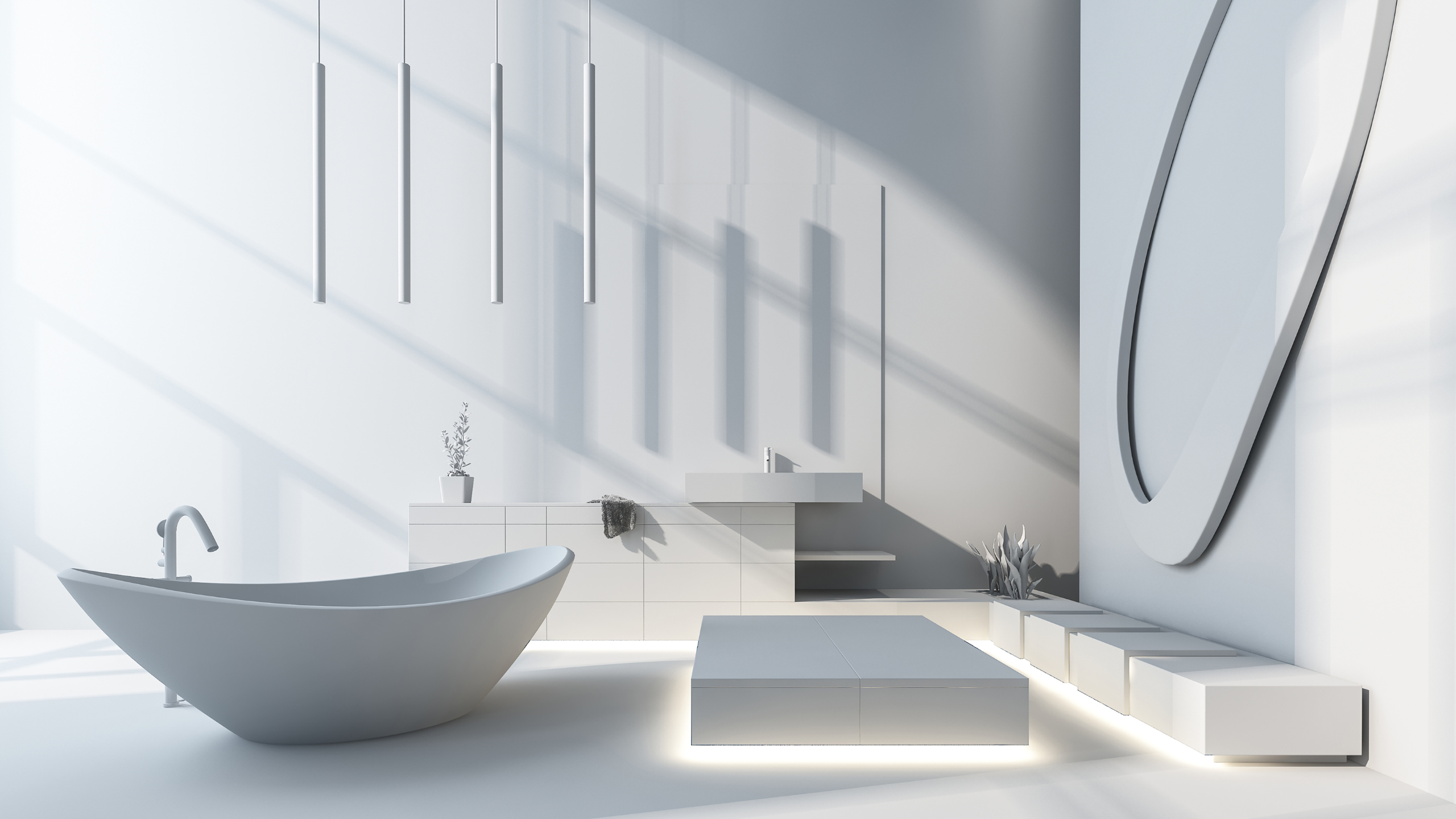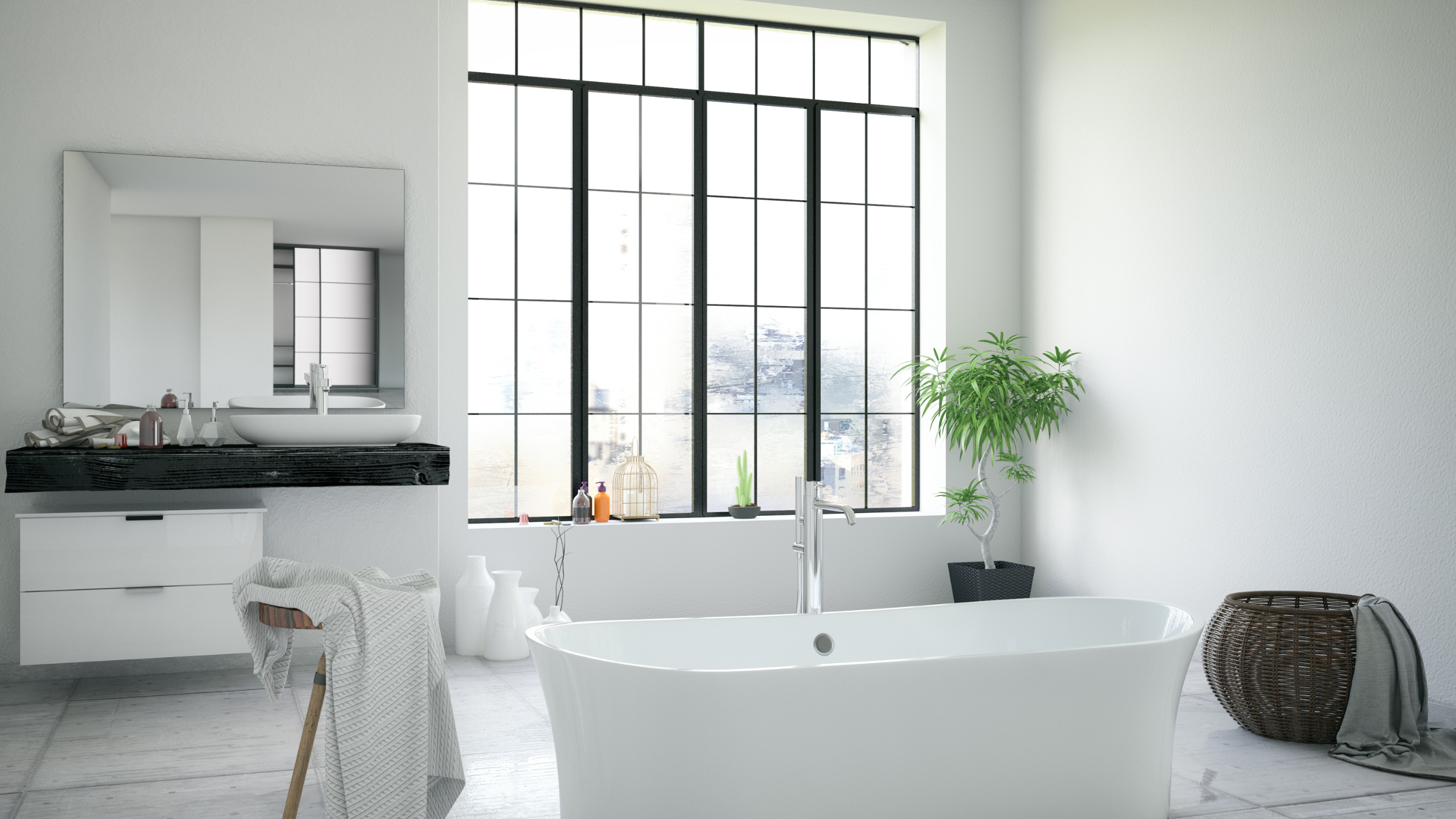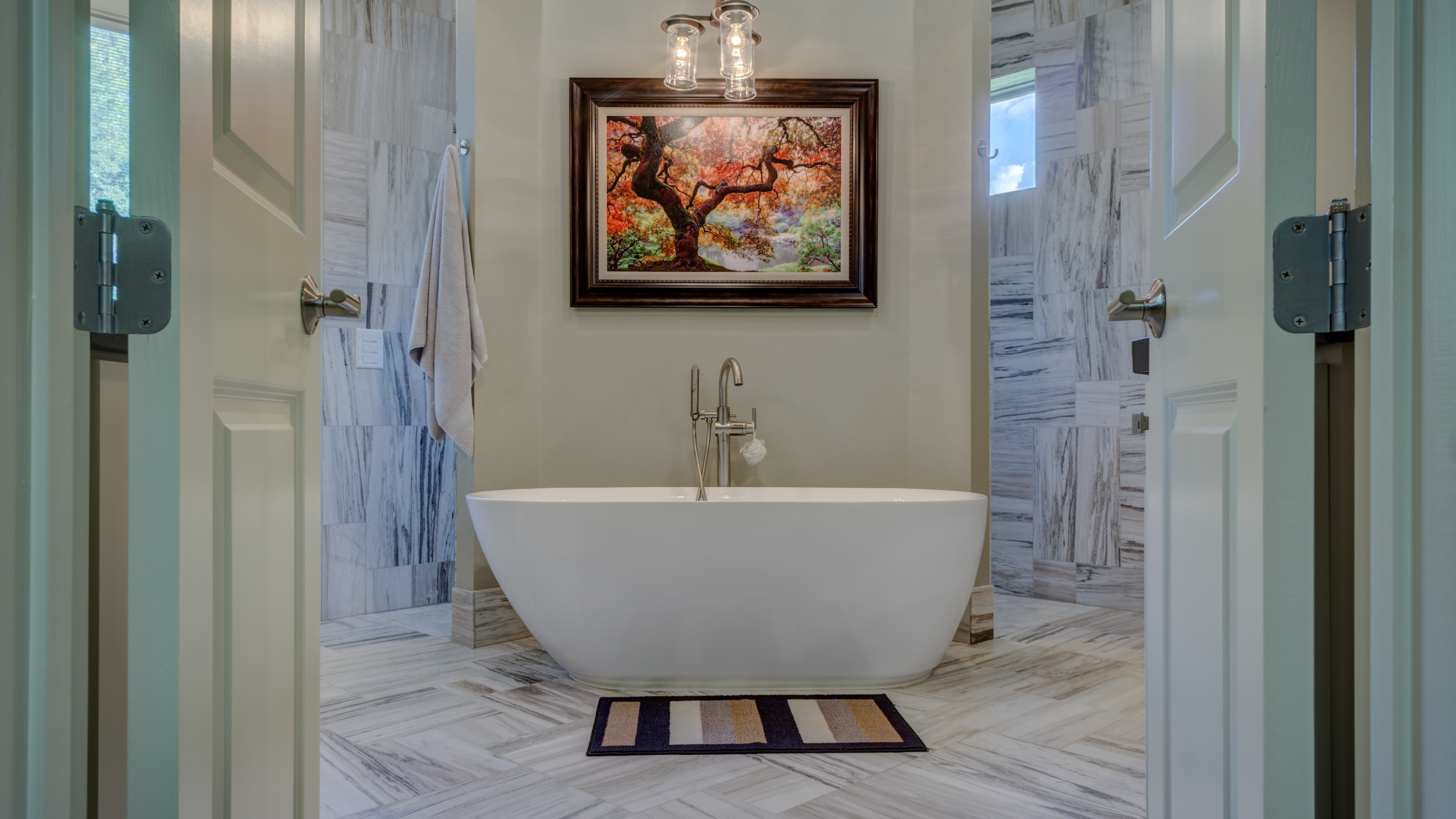Choosing the perfect bathtub for your home can be daunting. Your bathtub not only influences the aesthetics of your bathroom but also affects your bathing comfort. Therefore, it’s crucial to familiarize yourself with the various bathtubs available. Each type has advantages and disadvantages, so understanding them will help you make an informed decision that aligns with your needs and preferences.
This comprehensive guide will explore the extensive range of bathtubs and materials offered on the market. We’ll carefully examine each type, discussing their unique characteristics, strengths, and potential drawbacks. Armed with this knowledge, you’ll be equipped to make a wise choice when selecting the perfect bathtub for your bathroom. Let’s delve into the details and discover the ideal option for you!
If you’re searching for an affordable way to add value to your home, don’t hesitate to call Newark Tub Reglazing at (862) 420-8766. Your concerns will be handled with pleasure.
Top Bathtubs and Their Materials
Choosing the perfect bathtub is essential for crafting your ideal bathroom retreat. Whether you desire luxurious soaking or practical space-saving solutions, the realm of bathtubs presents numerous options to meet every requirement and preference. This inclusive guide will take you on a journey to discover the wide variety of bathtubs available. By providing insights and clarity, we aim to empower you to confidently navigate the options, guaranteeing you find the ideal match for your sanctuary.
1. Alcove Bathtubs:
Alcove bathtubs are a favored choice for many bathrooms, renowned for their space-saving design and easy accessibility. Positioned snugly against three walls, they are perfect for smaller spaces or bathrooms with a traditional layout. Crafted from acrylic, fiberglass, and enameled steel, alcove bathtubs offer versatility and affordability. However, they may lack the visual allure of freestanding tubs and could require extra maintenance to prevent mold and mildew buildup in the alcove area.
2. Freestanding Bathtubs:
Freestanding bathtubs exude elegance and sophistication, often as the focal point of a bathroom’s design. These tubs come in diverse sizes and shapes and are available in various materials, such as cast iron, acrylic, and stone resin. They provide unparalleled versatility and luxury, allowing for extensive customization and personalization. While they demand more floor space and may come with a higher price tag, their visual appeal and spa-like ambiance make them a popular choice for those seeking to create a lavish retreat in their home.
3. Corner Bathtubs:
Ideal for maximizing space in small bathrooms, corner bathtubs snugly fit into the corner of a room, efficiently utilizing otherwise unused areas. Offered in different shapes and configurations, from classic rectangles to contemporary triangles or ovals, they offer versatility in design. Crafted from materials like acrylic and fiberglass, corner bathtubs provide a practical solution for homeowners looking to enhance their bathroom layout without compromising style or comfort. However, their unique shape may limit bathing positions and accessibility for specific users.
4. Drop-In Bathtubs:
Drop-in bathtubs are seamlessly installed into a framed enclosure and enhanced with a surrounding deck, creating a cohesive and polished appearance. These customizable tubs offer a range of design and material alternatives, enabling homeowners to build a personalized bathing experience that aligns with their needs and preferences. Crafted from acrylic and cast iron materials, drop-in bathtubs blend functionality with aesthetics, making them a favored choice for those seeking a tailored and cohesive bathroom design.
Understanding the various types of accessible bathtubs and their advantages and disadvantages enables you to choose the best fit for your bathroom. Whether you prioritize space-saving features, luxurious aesthetics, or customizable designs, there’s a bathtub suited to your lifestyle and preferences. So, consider exploring the myriad possibilities and consulting with an expert to ensure you find the perfect bathtub to transform your bathroom into a tranquil and rejuvenating retreat.
Bathtub Materials: Advantages and Disadvantages
- Acrylic: Renowned for its affordability, lightweight construction, and wide range of shapes and sizes. However, acrylic bathtubs are prone to chipping and may offer different durability than other materials.
- Fiberglass: Economical and simple to install, fiberglass tubs are lightweight and resistant to scratches. Nonetheless, they may fade over time and require more reinforcement for added sturdiness than alternatives.
- Cast Iron: Celebrated with exceptional durability and superior heat retention, cast iron tubs exude luxury and longevity. Nevertheless, their weight necessitates additional assistance during installation.
- Stone Resin: A premium option, stone resin tubs boast a natural, abundant appearance and excellent heat retention. Nonetheless, their substantial weight and potentially higher cost are significant factors.
Conclusion
When selecting a bathtub for your bathroom, consider your budget, space constraints, and personal tastes. Each bathtub material has advantages and disadvantages, so it’s essential to carefully weigh these factors before deciding. Engaging a reliable contractor can also guarantee proper installation, enhancing your bathtub’s longevity and usability. You may make your bathroom a calm and peaceful space by revitalizing sanctuary with the right bathtub choice.
